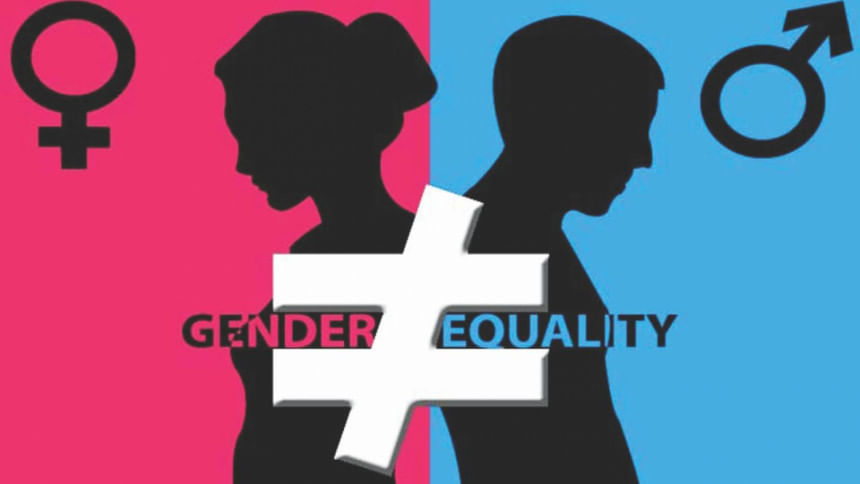Son preference VS Gender equality

May you be the mother of 100 sons”- these words of blessing evidently portray the importance of son in family life. Not only in family lives, but there is a universal view that boys tend to have more importance, rights, privilege and freedom than girls. This attitude can be observed through sex ratios, female feticides, and higher mortality rate of female child, unequal gender treatment and gender violence in various countries.
The term 'son preference' is linked to the term sex selection which means the attempt to control the sex of the offspring to achieve a desired sex. It can be accomplished in several ways, both pre- and post-implantation of an embryo, as well as at birth or after birth. It has been marketed under the title family balancing. Moreover it is also considered as a core reason behind unequal treatment and violence against women in society.
Demographically, South Asia is one of the main regions in the world contributing to what has been dubbed the phenomenon of 'missing women' mentioned by the noble prize winner economist Amartya Sen. He mentioned son preference as the main reason behind those 'missing women' as they die in much larger numbers than men at almost every age in Bangladesh, along with India and Pakistan. To add, according to the 2006 UN World Population Prospects there were 104 boys born for every 100 girls in Bangladesh which indicates higher mortality of female child than male child.
Here in our country, we experience son preference even before the child is born. As like, before conception, by continuing childbearing until reaching their desired number of sons and stopping after that. Moreover, during pregnancy, through sex-selective abortion and at birth through sex-selective infanticide female child are being killed. Even during early childhood through neglect, malnutrition and other mechanisms female child are dying that reflects the higher mortality rate of girls.
The fundamental reasons behind son preference in Bangladesh are the socio-economic set-up of the society, religious and cultural beliefs, illiteracy, poverty, cultural restrictions on women, traditional gender role, male's dominance and their validity as earning heads of the households, kinship systems, old age support expecting only from son, demand of dowry, advancement of technology in medical science for abortion etc.
On the other hand, the provisions of constitution of the People's Republic of Bangladesh believe to provide adequate guarantee for women's rights in Bangladesh. Article: 10, 15, 17, 18, 19, 27, 28, 29 of the constitution deal with the rights to be equally enjoyed by men and women. But it must be kept in mind that killing of female fetuses are nothing but the violation of right to life guaranteed under article-32. So abortion laws should be enacted to address and prevent such sex-selective abortions.
Along with national legal mandates, international instruments also urge to take actions against such cultural norms like son preference and to promote equal rights of female child and women. The International Conference on Population and Development (ICPD) in1994 and the Beijing Declaration 1995 squarely identify son preference as a form of gender discrimination. They urge to governments to eliminate all forms of discrimination against the girl child and the root causes of son preference, which results in harmful and unethical practices regarding female infanticide and prenatal sex selection.
Reality shows that in Bangladesh sons are considered as future heads of the family, who will be able to assist and provide for their parents in their old age. In such social pattern, sons are viewed as assets and girls as liabilities. A study of 2006 by a NGO called 'Promoting Human Rights in Bangladesh' showed that 93% of Bangladeshi families preferred a son viewing them as a “blessing” to home and country while 93% viewed girls as a “problem.” So what is required is to reduce the incentive to discriminate against girls by making daughters and sons more equally valuable to their parents. Much can be done to accelerate the process of reducing son preference through social movements, legislation, and the mass media.
The writer is Lecturer of Law, Bangladesh Open University.

 For all latest news, follow The Daily Star's Google News channel.
For all latest news, follow The Daily Star's Google News channel. 



Comments